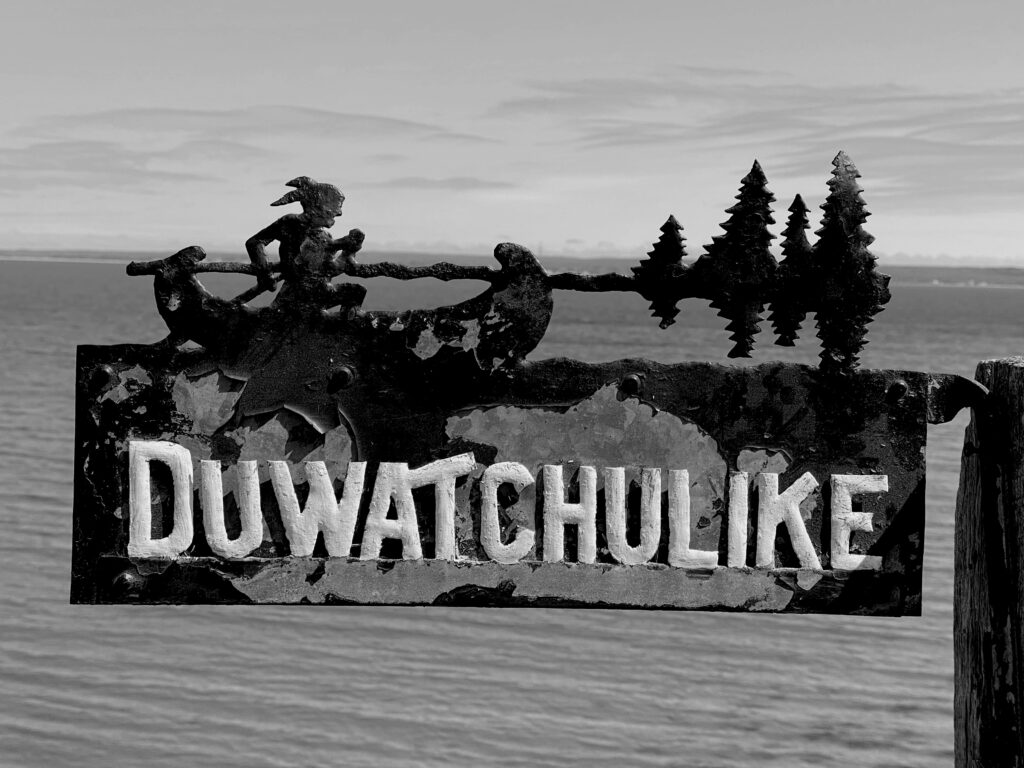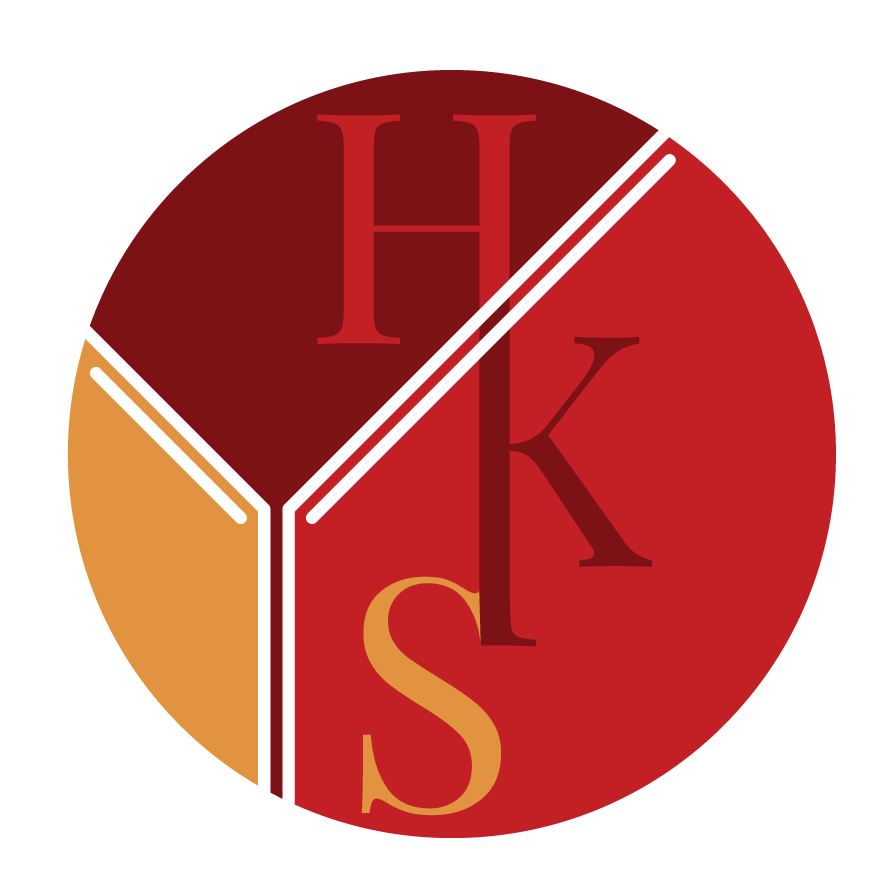About HKS
History of the Society
After the unexpected death of Henry Kunkel in December of 1983, the idea was proposed for a Society to honor Henry’s scientific life. Research based on observations of human disease, as a unique discipline at the forefront of groundbreaking biological discovery, was to be highlighted by the new society. The intent was to use Henry’s life as a role model for future generations of scientists interested in the biology of human disease.
The Society originally consisted of about 50 members, largely scientists who had trained in Henry’s laboratory at The Rockefeller University, but also friends and colleagues from across the world who had interacted with him during his lifetime. The Society was officially founded in 1990.
In the 1990s efforts were initiated to expand the Society, and by the year 2000, there were about 250 active members. New members were proposed annually by current members, and their credentials reviewed by a membership committee. The membership consists of a) a shrinking number of original “Kunkelites” who had worked with Henry, b) a second generation of junior scientists trained by the Kunkelites, and c) a growing number of new members only indirectly familiar with Henry Kunkel.
In 2004, the long-term goals and direction of the Society were reevaluated by the advisory committee, and at special meetings convened at the Rockefeller University by the past President, Dr. Nick Chiorazzi. A major push to expand and modernize the society was initiated. The result is a vibrant society responsive to the needs of current day scientists as exemplified on this website.
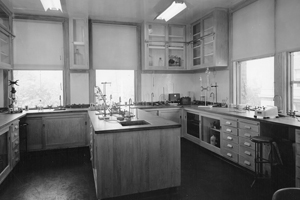
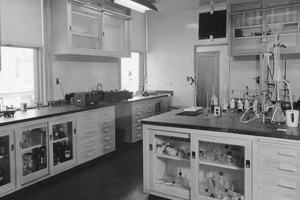
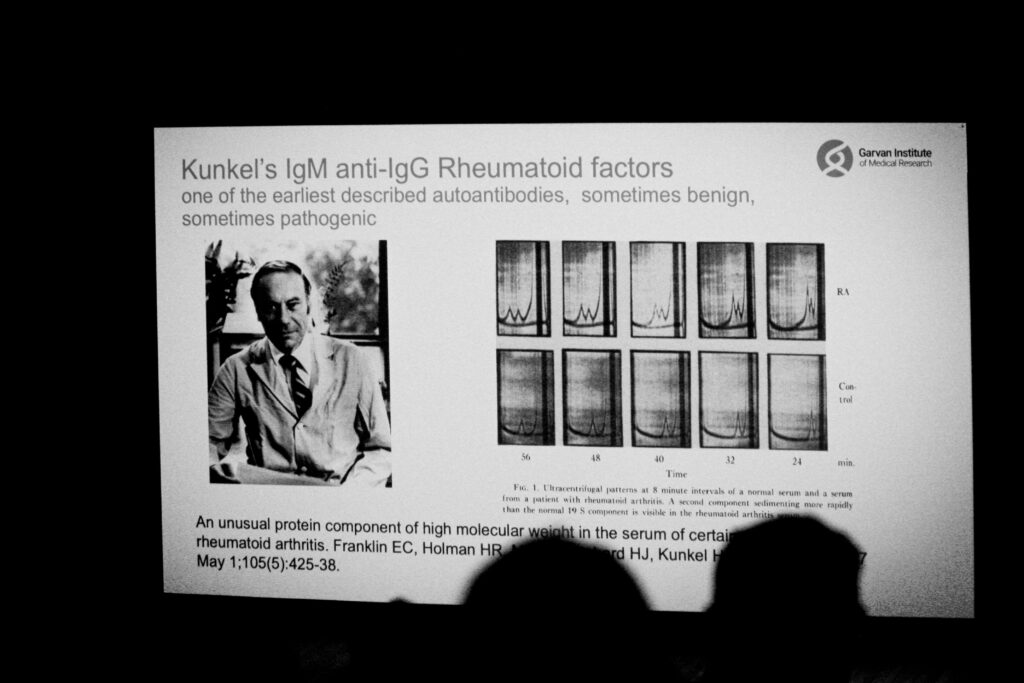
HKS Leadership
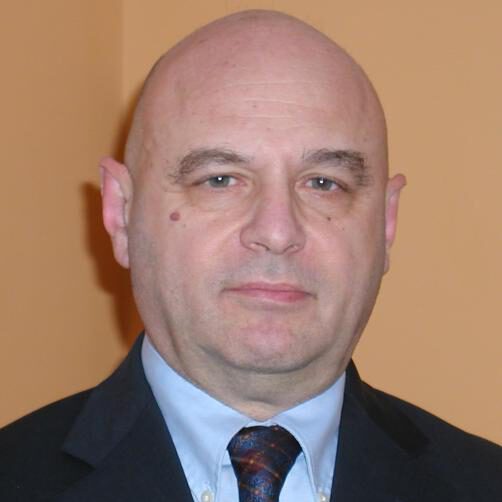
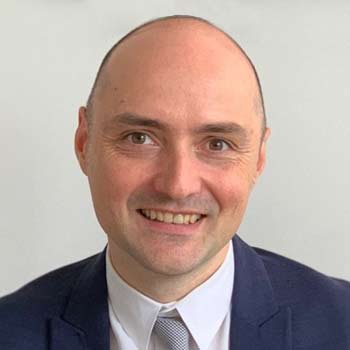
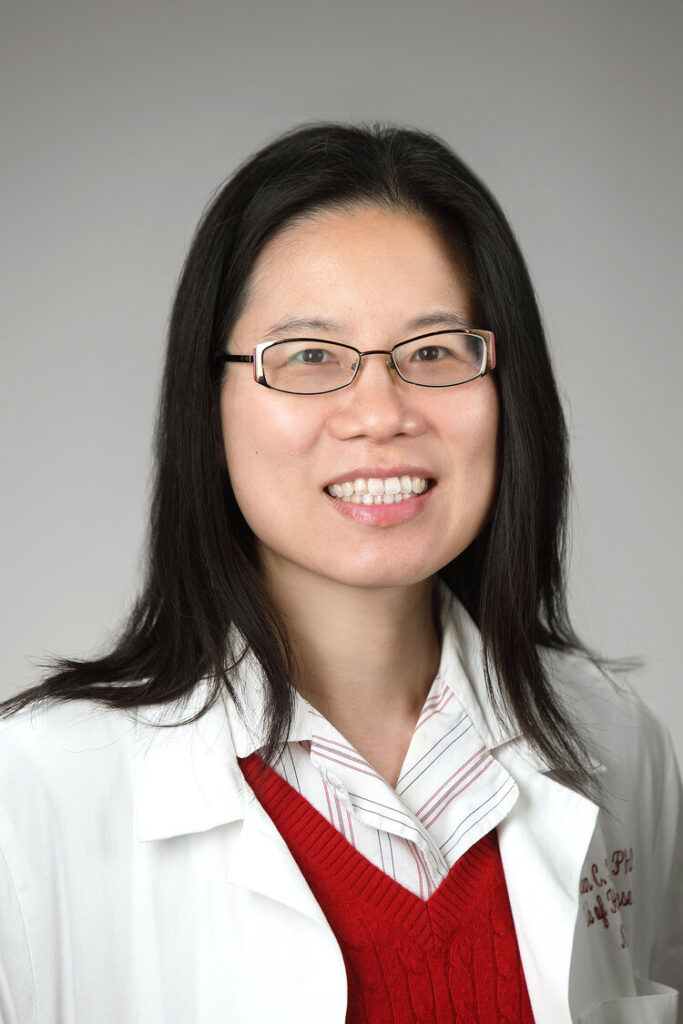
Executive Committee
Luigi D. Notarangelo
President
Helen Su
Secretary
Dusan Bogunovic
Treasurer
Membership Committee
Stuart Tangye, Chair
Virginia Pascual
Council Members
Virginia Pascual
Federica Sallusto
Stuart Tangye
Former Presidents
Jean-Laurent Casanova
Keith Elkon
Westley Reeves
Max D. Cooper
Mary K.(Peggy) Crow
Nick Chiorazzi
Peter Lachmann
John B. Zabriskie
J. Donald Capra
Jacob B. Natvig
Alexander Bearn
Eng M. Tan
Honoring Kunkel’s Legacy through Annual Gatherings
The society’s mission of encouraging investigators prioritizing hypothesis-driven, patient-centered research in honor of Henry G. Kunkel is realized through meetings held every spring highlighting recent research in the field of immunology and related subjects.

Program Chairs
2023 – Andreas Radbruch, PhD & Gerd R. Burmester, MD
2022 – Dusan Bogunovic
2020 – Michel Nussenzweig & Jeffrey Ravetch
2019 – Luigi Notarangelo
2018 – Yanick Crow
2017 – Stuart Tangye
2016 – Frederic Geissmann
Society Lecturers
2023 – Jean-Claude Weill, PhD
2022 – Federica Sallusto
2020 – Tadatsugu Taniguchi
2019 – Alain Fischer
2018 – Michael Leonardo
2017 – Carl Nathan
2016 – Michel Nussenzweig
2015 – Yanick Crow
2014 – Shigekazu Nagata
2013 – Dan Kastner
2012 – Louis M. Staudt
2011 – Mark M. Davis
2010 – Frederick Alt
2009 – Thomas Tuschl
2008 – John Atkinson
2007 – Antonio Lanzavecchia
2006 – Ralph M. Steinman
2005 – Charles Weissmann
2004 – Diane Mathis
2003 – Fred Rosen
2002 – Tasuku Honjo
2001 – Fritz Melchers
2000 – Max D. Cooper
1999 – Peter Doherty
1998 – Klaus Rajewsky
1997 – Anthony Fauci
1996 – Jeffrey Ravetch
1994 – Benvenuto Pernis
1993 – David Ho
1992 – Louis Kunkel
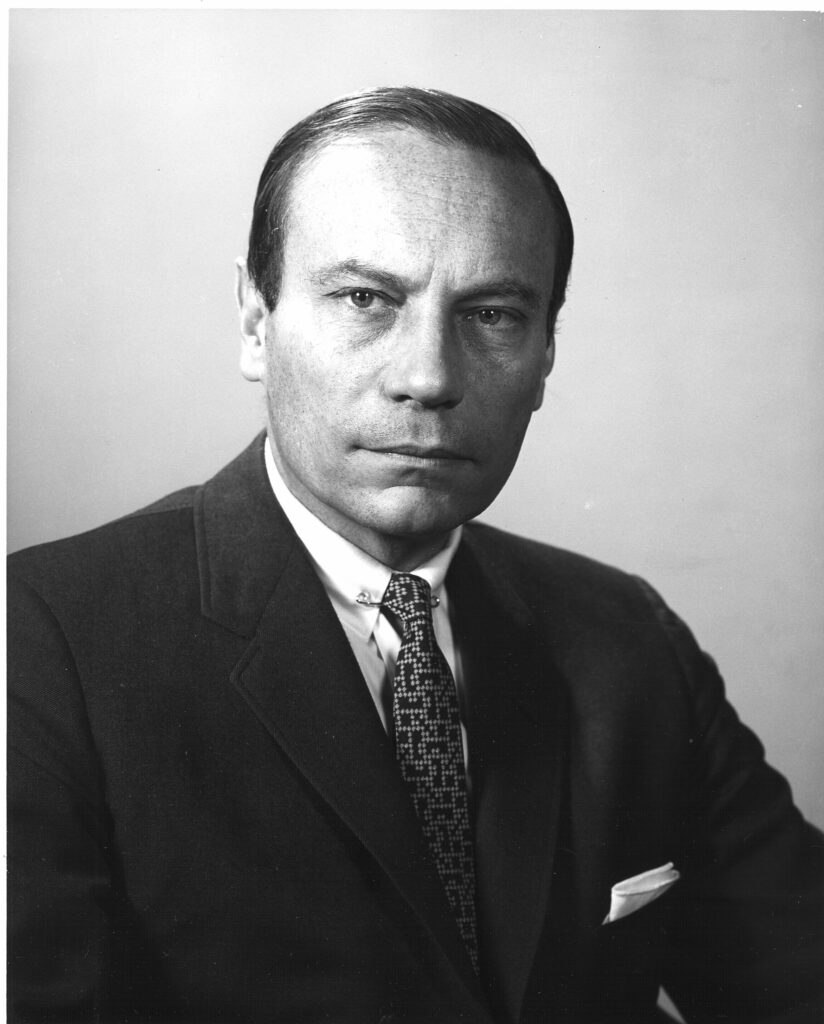
Biography
Henry G. Kunkel was a physician whose illustrious scientific life was distinguished by the ability to delineate principles of fundamental human biology through the meticulous study of patients with a variety of disorders of the immune system. His ability to bring a patient into the laboratory resulted in fundamental insights into the nature of the immune system and the group of diseases involving autoimmunity, immune deficiency, and malignant proliferation of the elements of the immune system. His laboratory’s analyses of monoclonal proliferations delineated the polyclonal repertoire of B cells, the immunoglobulin subclasses and light chain types, the order of their genes in the human genome, and the existence of variable and constant regions of immunoglobulins.
Henry Kunkel’s recognition of the antibody nature and specificity of rheumatoid factors and anti-nuclear factors was fundamental to defining the inherent autoimmune character of diseases such as rheumatoid arthritis and systemic lupus erythematosus that previously had been considered disorders of collagen and the identification of the role of immune complex formation in their pathogenesis. Work in his laboratory pioneered the identification of a variety of molecules expressed on the surface of lymphocytes including Fc receptors and MHC class II molecules.
The Kunkel laboratory was distinguished by its primary focus on the training of investigators in disease-oriented research who could think incisively about disease processes. His trainees were imparted with Henry’s approach to science that was characterized by intellectual excitement, rigorous scientific rectitude, and the ability to delve deeply into the meaning and significance of an observation.
